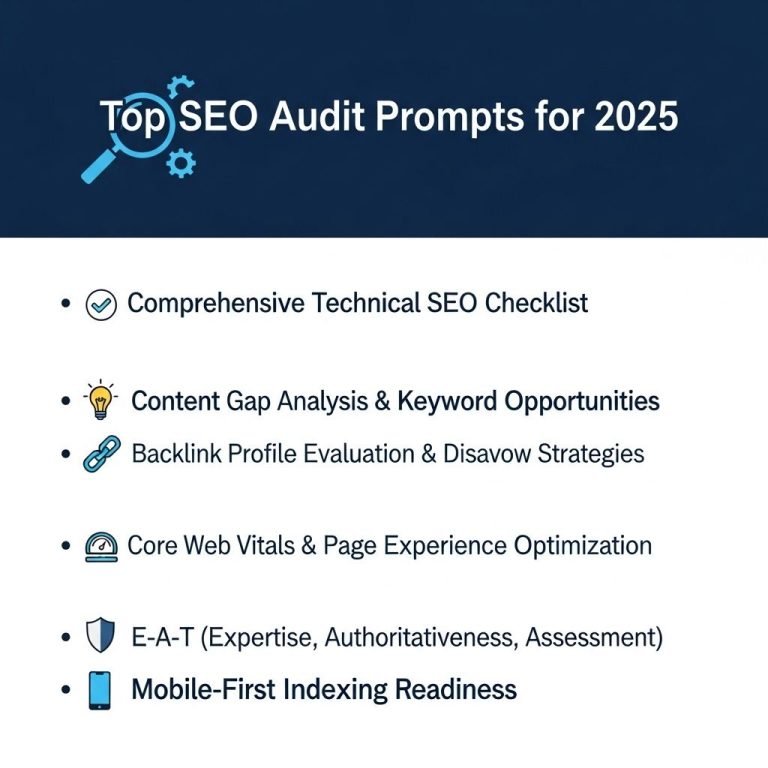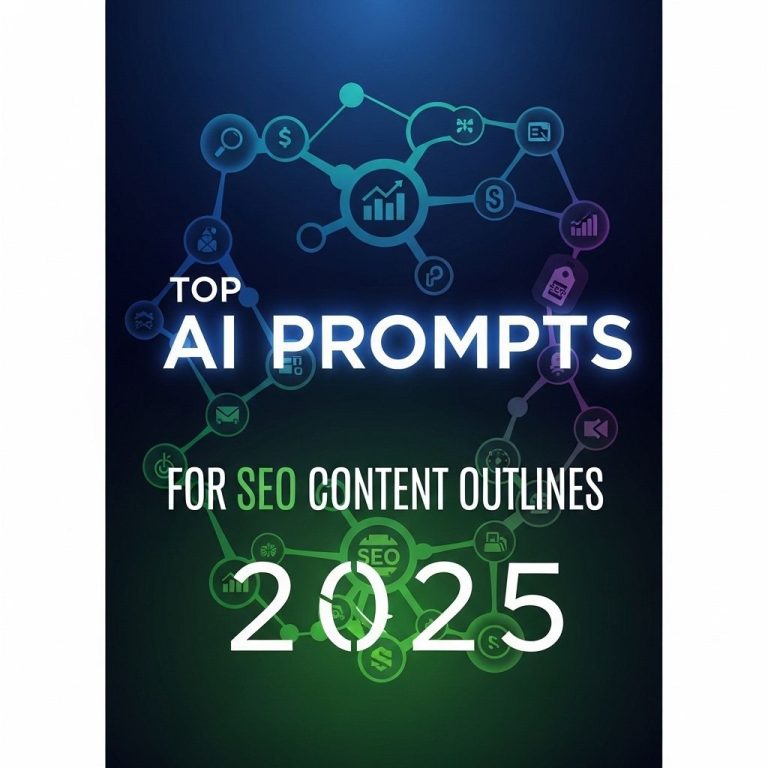In the ever-evolving world of digital marketing, meta descriptions play a crucial role in enticing users to click on your content. Often overlooked, these short snippets of text can significantly impact your website’s click-through rates (CTR) and overall visibility in search engine results pages (SERPs). With the rise of artificial intelligence (AI), crafting effective meta descriptions has become more efficient and targeted. This article delves into how AI can assist in creating perfect meta descriptions that not only attract attention but also align with SEO best practices.
Understanding Meta Descriptions
A meta description is a brief summary, typically between 150-160 characters, that appears below the title tag in search results. Its primary purpose is to provide context about the webpage’s content, encouraging users to click through. Search engines like Google consider meta descriptions, though they don’t directly influence rankings, they can impact user engagement.
The Importance of Meta Descriptions
- First Impressions Matter: The meta description is often the first interaction a user has with your content.
- Increased Click-Through Rates: An engaging meta description can lead to a higher CTR.
- Keyword Relevancy: Including relevant keywords can enhance the visibility of your content.
- Social Sharing: Meta descriptions are often used as previews when content is shared on social media.
Challenges in Writing Effective Meta Descriptions
Creating compelling meta descriptions can be more challenging than it seems. Some of the common obstacles include:
- Character Limits: Staying within the ideal character count without sacrificing clarity.
- Uniqueness: Crafting different descriptions for multiple pages on a website.
- Engagement: Balancing keyword optimization with creative flair.
- Staying Updated: Adapting descriptions based on changing SEO trends and algorithms.
How AI Can Streamline Meta Description Creation
Artificial intelligence tools are transforming how marketers approach various aspects of SEO, including meta description writing. Here’s how AI can help:
1. Keyword Analysis
AI can analyze search trends and identify keywords that resonate with target audiences. Using tools like SEMrush or Ahrefs, marketers can determine which keywords are the most relevant and high-performing.
2. Content Optimization
AI-driven platforms can evaluate existing content and suggest optimal meta descriptions based on context and keyword integration. This ensures that the meta description reflects the content accurately while incorporating targeted terms.
3. A/B Testing
AI allows for systematic A/B testing of different meta descriptions. By analyzing engagement metrics, marketers can refine their approach to maximize CTR. AI tools can automate this process, making it more efficient.
Steps to Crafting a Perfect Meta Description with AI
Here’s a step-by-step guide to using AI for creating meta descriptions:
Step 1: Identify Target Keywords
Utilize AI tools for keyword research:
| Tool | Features |
|---|---|
| Google Keyword Planner | Free tool for finding keywords and search volumes. |
| Ubersuggest | Offers keyword suggestions and competitive analysis. |
| Ahrefs | Advanced insights into keyword difficulty and SERP analysis. |
Step 2: Analyze Competitor Meta Descriptions
Conduct a competitive analysis using AI tools to identify what works for others in your niche. Look for:
- Length and structure of descriptions
- Commonly used keywords
- Engagement tactics (questions, calls to action)
Step 3: Generate Initial Drafts
Utilize AI writing assistants like Jasper or Copy.ai to generate draft meta descriptions based on the identified keywords and content context. Fine-tune the outputs for clarity and engagement.
Step 4: Refine and Optimize
Review the AI-generated drafts, ensuring they:
- Are within the character limit
- Accurately reflect the content
- Include a compelling call to action
Step 5: Implement and Monitor Performance
Once optimized, implement the meta descriptions and monitor their performance using analytics tools. Adjust as necessary based on engagement metrics.
Best Practices for Meta Descriptions
While AI can significantly enhance the process, adhering to best practices remains crucial:
1. Keep It Concise
Stick to the character limit (150-160 characters) to ensure the full description is visible in search results.
2. Use Active Voice
Active voice is more engaging and encourages action. For example, instead of saying, “This article is about…”, say, “Discover how to craft…”
3. Include Target Keywords
Incorporate relevant keywords naturally to improve visibility without keyword stuffing.
4. Make It Appealing
Use questions or power words to spark interest, such as “Discover,” “Learn,” or “Uncover.”
Case Study: Successful Meta Description Implementation
Consider a case study involving an e-commerce website that struggled with low CTR due to uninspired meta descriptions. By leveraging AI tools, the team identified high-performing keywords and analyzed competitor strategies. They generated new, engaging meta descriptions that highlighted unique selling points and included clear calls to action. The result? A 30% increase in CTR within three months.
Conclusion
Crafting perfect meta descriptions is an essential skill in digital marketing, and AI offers powerful tools to enhance this process. By combining AI technology with strategic thinking and SEO best practices, marketers can create compelling meta descriptions that elevate their content and improve search performance. As the digital landscape continues to evolve, staying ahead of the curve with AI-driven strategies will ensure your content remains competitive and engaging.
FAQ
What is a meta description?
A meta description is a brief summary of a webpage’s content that appears in search engine results, typically between 150-160 characters.
How can AI help in crafting meta descriptions?
AI can analyze content, suggest relevant keywords, and generate concise and engaging meta descriptions that enhance click-through rates.
Why are meta descriptions important for SEO?
Meta descriptions are crucial for SEO as they influence how search engines display your page and can impact user click-through rates.
What are some tips for writing effective meta descriptions?
Effective meta descriptions should be clear, compelling, include target keywords, and provide a call-to-action to encourage clicks.
How long should a meta description be?
A well-crafted meta description should ideally be between 150-160 characters to ensure it displays properly in search results.
Can I use the same meta description for multiple pages?
It’s best to create unique meta descriptions for each page to avoid confusion and improve the chances of ranking well in search results.




